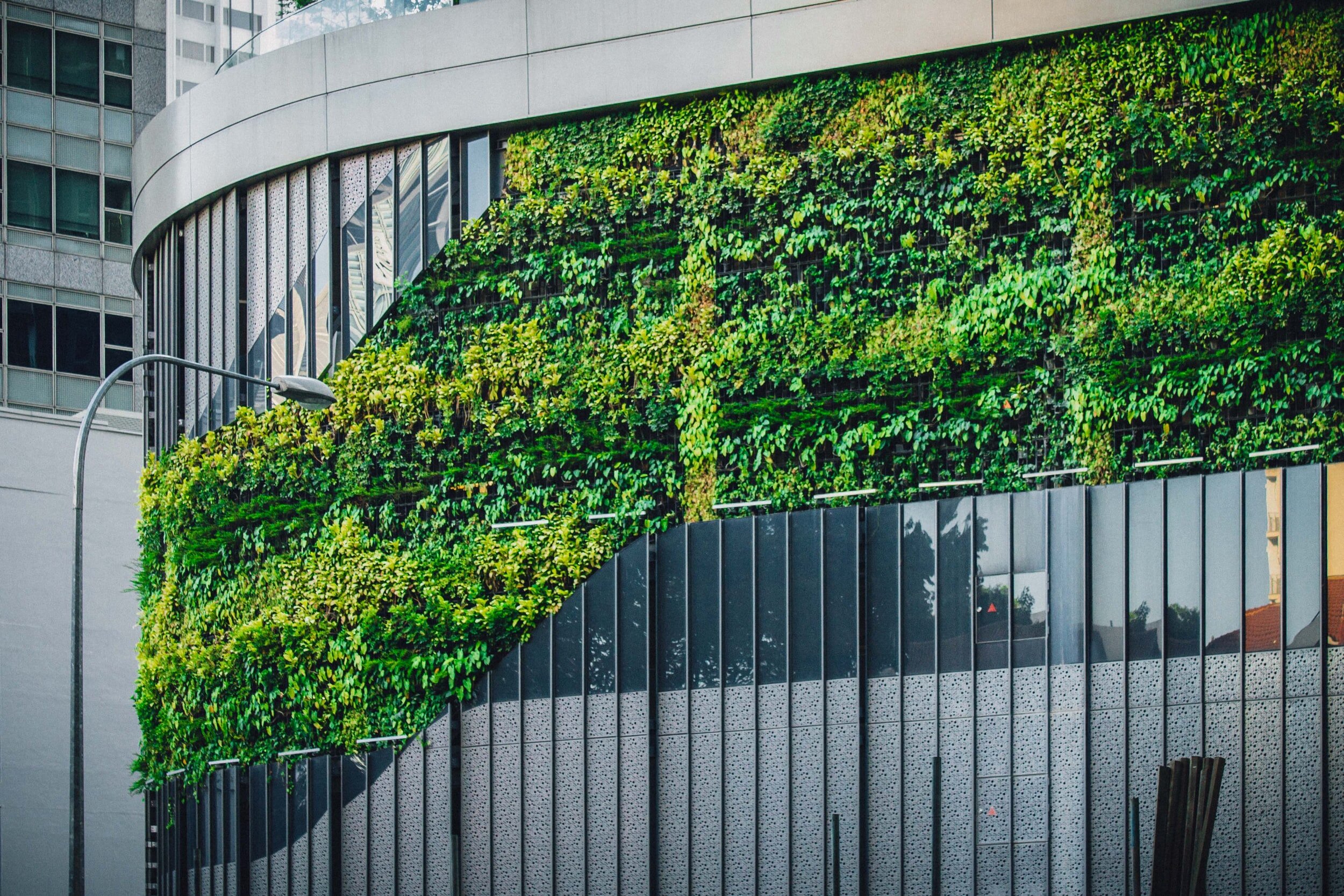Why I’m Buying Into The Great Teslafication
Because public policy attempts to move our cities forward collectively, it runs into problems with consensus, education, and inclusion. Where the reach of public policy influence ends, private industry takes over, creating commercial solutions that address the collective demands of private citizens through innovation and design. As a result, we’ve slowly added better, cheaper insulation to our homes during renovations, installed more efficient tankless water heaters when our old natural gas tanks fail, and even become fanatics of electric vehicles.
Sometimes, as is the case with consumer brands like Tesla, a fanatical following can push collective demand through vanity, envy, and prestige.
From Vision to Strategy: Why IKEA’s Urban Village Project is the Perfect Testbed for Urban Innovation
Earlier this year, I had the fortune of meeting the UVP lead at Space10 over Google Meet. We discussed the status of the project, potential timelines, and shifts in goals, guideposts, and realities. As with most projects in 2020, conceptual or not, the Covid-19 pandemic put a damper on productivity and feasibility, drawing many projects to a halt. Although I cannot speak for the Space10 or EFFEKT regarding the future of the project, it's something I continue to root for to see in our future.
How OKRs Enhance Planning for the Future of Cities
Restructuring cities to function as a tech product would help to realign the goals of the cities to match the users ("the citizens") with the features ("policies") that represent the population rather than the other way around.
In my opinion, the future of cities needs product managers. The goal of these public officials would be to understand the needs of the people and to define the goals and OKRs of their population — selecting programs and initiatives like features that accomplish those goals. In one sample case, the OKRs would optimize for several key values — improving equitability, improving access to resources, improving investment in innovation.
Oakland Slow Streets, A Call for More Data in Iterative Urban Planning
Although Oakland's approach to urban data is both underwhelming and ill-equipped, it presents an opportunity to drastically improve its approach from intercept surveys, OPD crash data, and maintenance interviews. Lightweight automated tracking and sensor-based solutions present an opportunity to collect de-personalized movement and count data that is far more accurate and functionally cheaper than people.
Why Ask Yourself Why?
Asking 3 Why's is a memorable process that has helped me rationalize self-doubt and anxiety, address workplace conflicts, and consult on new ideas or business concepts. Asking yourself "why" 3 times will help you get to the root of your desires or the basis for interpersonal conflict.
How Six Inches of Concrete Can Mean Life or Death
In 2019, 134 pedestrians were killed by drivers while walking in Los Angeles, a bustling city with a population of just under 4 million. By comparison, the Netherlands reported a total of 49 pedestrian road fatalities in 2019 in a population of more than 17 million. While any number of deaths is too much by any measure of success, it's safe to conclude that the Dutch are doing something far more effective than what's happening in one of the largest cities in the United States.
Why Carbon Accounting Falls Short and We Can Do
Despite growing pushback against carbon footprint calculators, I believe that the data behind our individual impact on the planet is valuable. Our personal emissions data does not absolve corporations from polluting but instead drives home a valuable message about the trifecta of reducing the cost of lifestyles, holding corporations accountable, and encouraging investment into environmentally friendly products.
What Can I Do On Earth Day?
Something happened over the last few years that changed my perspective on climate activism. I was never a conspiracist or non-believer in climate change, but just as bad, I was a passive global citizen and inactive participant in the fight to reduce carbon emissions.
Why a Three-Pronged Approach Will Create Resilient Cities
Cities are never finished. Like good tech products, they require regular maintenance, periodic refactoring, and new features to meet the needs of a growing population.
Anthropology and social science uncover the questions that we need to answer with technology. Technology enhances our understanding of human behaviors through quantifiable data. Data improves our ability to communicate effectively through words, laws, and policy. Policy and planning enhance the lives of people in our cities.
What Is A Soft City and Why Do We Need Them?
Soft may not be as sexy as Smart, but it emphasizes the small details in a city and its buildings that make our lives easier, more enjoyable, and more efficient by prioritizing the people that live in it.
A Comprehensive Look at the ADU Market and the Elements of Success
Although each side has a different POV on the ADU marketplace, as a housing product, the ADU is a celebrated vehicle for bringing more housing stock to the Bay Area (and beyond). Although non-confirming types of housing can be controversial, ADUs are widely regarded as a boon for homelessness mitigation, improving affordable housing, and improving homeowner equity. At the end of the day, the conversations always come down to price per square foot.
Why Data Alone Won’t Save Cities
I subscribe to the notion that the design of our cities is the driving force behind our choices and behaviors. Although I’m still working on a thesis to summarize my views on cities and climate change, my general hypothesis is this:
If our behaviors control how humanity impacts climate change, then our cities are the first and last battleground for defeating the global climate crisis.
What Invisibility Feels Like
Your silence is loud. It delivers a message of willful acceptance and pulls a sheet over our voice. We've never felt so invisible.
If you see my Instagram posts or my Tweets about things you can do to help the AAPI community, don't scroll/swipe/tap past it. If you can't donate, share it. If you're too worried about disturbing your brand with a share, then just read it. Maybe something will stick and you'll try harder next time.














